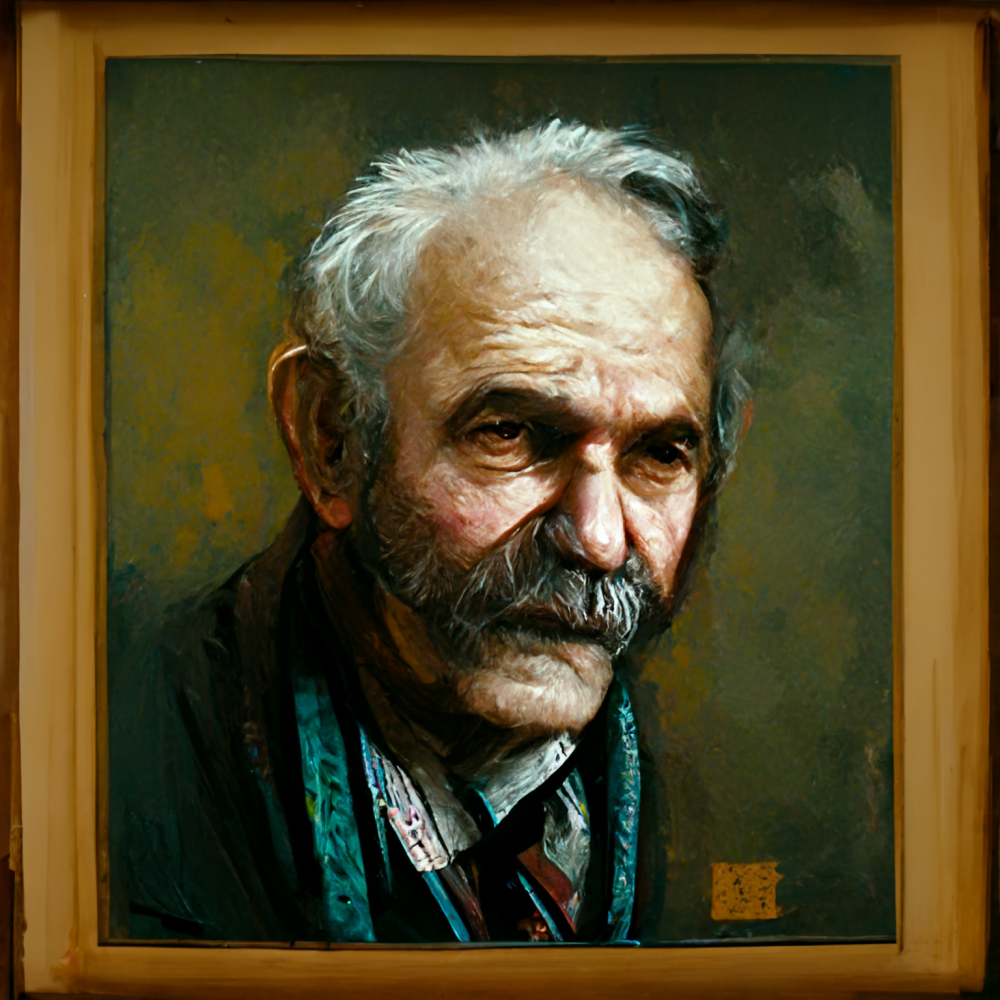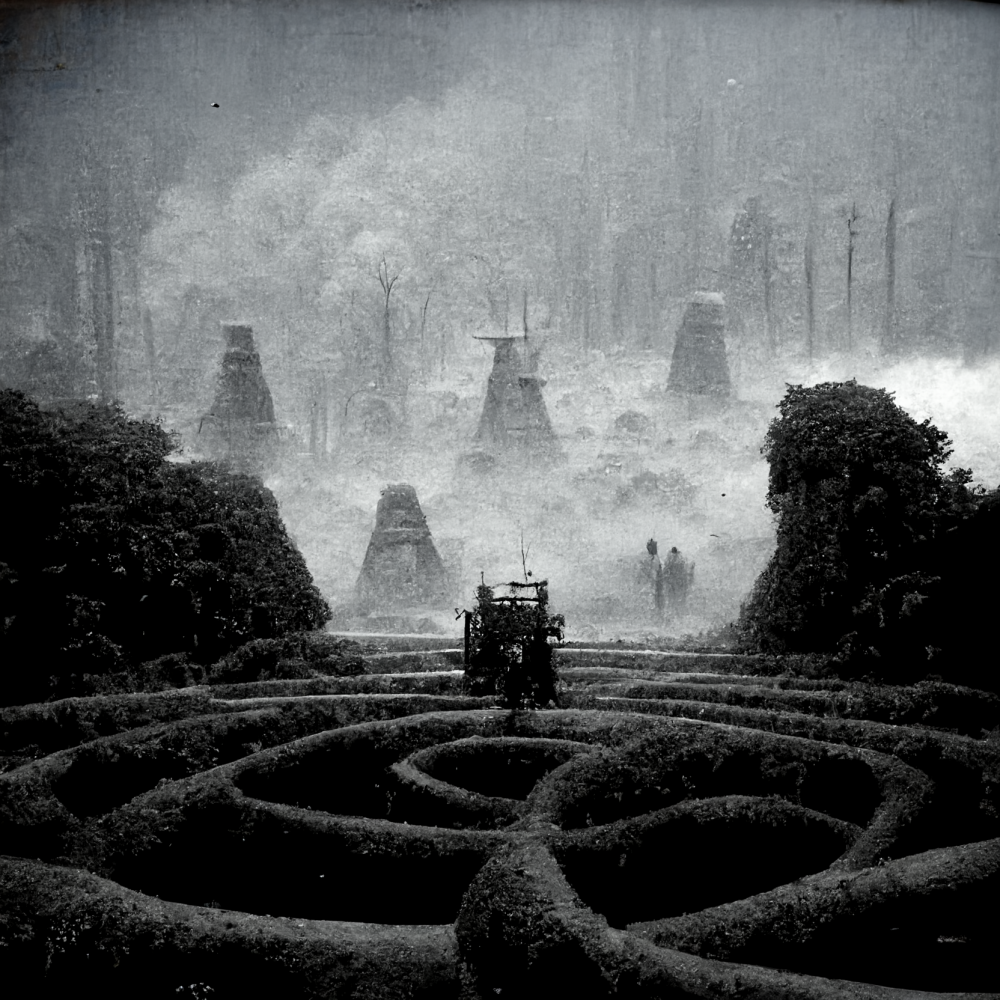George Robert Maguire Ugland: Difference between revisions
Amwelladmin (talk | contribs) No edit summary |
Amwelladmin (talk | contribs) No edit summary |
||
| (15 intermediate revisions by the same user not shown) | |||
| Line 1: | Line 1: | ||
{{Robert Maguire Ugland | {{a|heroes|{{image|George Ugland|png|[[Birgit von Sachsen-Rampton]]’s famous portrait. {{vsr|1934}}}}{{image|SPV orphanage|png|Ugland’s original SPV orphanage in [[George Town]]}}}}[[George Robert Maguire Ugland]] (1872-1957) was a British brewer and industrialist who founded the [[Cayman Islands rum cake|Tortuga]] factory in the [[Cayman Islands|British West Indies]] and who, having made his fortune exporting rum cakes, devoted the autumn years of his life to corporate philanthropy. | ||
{{ | Ugland was the second son of a wealthy Dundee [[pipewright]]. When, in 1891, he did not inherit his father’s bagpipe factory, Ugland boarded a liner to the new world intent on of establishing himself as a merchant and discounter of bills for local jewelers of thriving Halifax, Nova Scotia. | ||
Sadly, his ship, ''[[Die Fliegenden Dudelsäcke]]'', was blown off course and foundered on a reef off the coast of what become [[Cayman Islands|George Town, Grand Cayman]]. All passengers were eaten by passing Cuban [[crocodiles]] — not native to that area of water — except Ugland and two French Chocolatiers [[Maple brothers|Godfrey de Frou-Frou and Maginot de Vere Maple]], who made it ashore after three weeks marooned on a reef, drinking only the ship’s consignment of rum and some dry crackerbread cakes they salvaged from the wreck. | |||
The experience gave Ugland a lifelong love of rum — he was a founding shareholder in the [[Tortuga Rum Company]] of [[George Town]] — and a commensurate hatred of dry cakes. He brought these passions together when, fifteen years later, he founded the [[Cayman Islands Rum Cake|Tortuga Cayman Islands Rum Cake Co., Inc]] in North West Point, Grand Cayman, a shop which, to this day, makes some of the dirtiest, moistest, baddest [[Cayman Islands rum cake|rum cakes]] known to humankind. | |||
With the brothers [[Maple brothers]] (and dour Glaswegian [[A. J. N. Calder]]), Ugland set up his first shelter — a safe house for lost and wayward corporate fictions, in Bermuda in 1923. Later, in 1941, he established a colossal facility for unwanted limited liability corporations, general partnerships, Delaware subsidiaries, corporeal trust entities and fiduciaries on the then uninhabited southern coast of [[Cayman Islands]]. A great city, [[George Town]], named after Ugland, has since grown around it. | |||
:''{{Ugland quote}} | |||
Ugland was killed when a [[synthetic securitisation]] collapsed on his condominium during a hurricane in November 1957<ref>It was a Collateralised Emissions Allowance Obligations Cubed deal. It turned out to be just hot air.</ref>. Local corporate trust and agency service providers raised a fitting monument to their spiritual forebear which can be visited today: [[Ugland House]], still home to tens of thousands of lost [[special purpose entity|special purpose entities]]. | |||
{{sa}} | |||
*[[Ugland House]] | *[[Ugland House]] | ||
*[[Cayman Islands rum cake]] | *[[Cayman Islands rum cake]] | ||
{{ref}} | |||
{{c|Cayman Islands history}} | |||
Latest revision as of 10:43, 26 September 2022
|
George Robert Maguire Ugland (1872-1957) was a British brewer and industrialist who founded the Tortuga factory in the British West Indies and who, having made his fortune exporting rum cakes, devoted the autumn years of his life to corporate philanthropy.
Ugland was the second son of a wealthy Dundee pipewright. When, in 1891, he did not inherit his father’s bagpipe factory, Ugland boarded a liner to the new world intent on of establishing himself as a merchant and discounter of bills for local jewelers of thriving Halifax, Nova Scotia.
Sadly, his ship, Die Fliegenden Dudelsäcke, was blown off course and foundered on a reef off the coast of what become George Town, Grand Cayman. All passengers were eaten by passing Cuban crocodiles — not native to that area of water — except Ugland and two French Chocolatiers Godfrey de Frou-Frou and Maginot de Vere Maple, who made it ashore after three weeks marooned on a reef, drinking only the ship’s consignment of rum and some dry crackerbread cakes they salvaged from the wreck.
The experience gave Ugland a lifelong love of rum — he was a founding shareholder in the Tortuga Rum Company of George Town — and a commensurate hatred of dry cakes. He brought these passions together when, fifteen years later, he founded the Tortuga Cayman Islands Rum Cake Co., Inc in North West Point, Grand Cayman, a shop which, to this day, makes some of the dirtiest, moistest, baddest rum cakes known to humankind.
With the brothers Maple brothers (and dour Glaswegian A. J. N. Calder), Ugland set up his first shelter — a safe house for lost and wayward corporate fictions, in Bermuda in 1923. Later, in 1941, he established a colossal facility for unwanted limited liability corporations, general partnerships, Delaware subsidiaries, corporeal trust entities and fiduciaries on the then uninhabited southern coast of Cayman Islands. A great city, George Town, named after Ugland, has since grown around it.
- “Give me your poor, huddled, lost little special purpose vehicles. Give them all to me: yea, even unto their tens of thousands. I will nourish them. I will feed them. I will shelter them, just as they will shelter you, and your taxable income.”
Ugland was killed when a synthetic securitisation collapsed on his condominium during a hurricane in November 1957[1]. Local corporate trust and agency service providers raised a fitting monument to their spiritual forebear which can be visited today: Ugland House, still home to tens of thousands of lost special purpose entities.
See also
References
- ↑ It was a Collateralised Emissions Allowance Obligations Cubed deal. It turned out to be just hot air.

